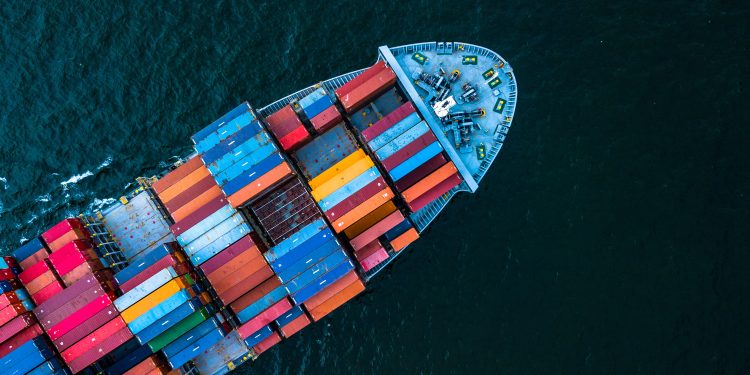Current measures of competitiveness in the liner shipping market are incomplete and inaccurate, failing to take full account of the degree of co-operation between carriers which results in a more highly concentrated industry.
MDS Transmodal (MDST) in collaboration with Global Shippers Forum (GSF) reached this conclusion, proposing a modified measure, based on the alternative indicators suggested in a recent study produced by OECD/ITF and MDST that better reflects the degree of cooperation by lines.
[smlsubform prepend=”GET THE SAFETY4SEA IN YOUR INBOX!” showname=false emailtxt=”” emailholder=”Enter your email address” showsubmit=true submittxt=”Submit” jsthanks=false thankyou=”Thank you for subscribing to our mailing list”]
Competition authorities until now have depended on traditional but incomplete tools to assess the level of concentration across trades, most commonly the Herfindahl–Hirschman Index (HHI). However, this indicator does not take into consideration the full extent of co-operation between shipping lines permitted under block exemption and other anti-trust immunity provisions, say the two partners.
On this basis GSF believes the recent ‘Fact Finding Investigation 29 – Final Report’ published by the US Federal Maritime Commission in May does not yet provide a complete picture, as the report maintains the liner trades serving the USA can be characterised as exhibiting ‘vigorous competition’ because their HHI has been measured at below 2,500 points.
GSF urges the FMC and all other competition authorities to utilise the more accurate MHHI measure in its assessments of the container shipping market, and in particular of the concentration in market share achieved through all agreements permitted under block exemption and anti-trust immunity provisions.
Competition authorities should urgently revise their measures of competition to reflect the reality of the container shipping market and ensure they capture the full extent and effects of shipping line co-operation, as experienced by shippers
comments GSF’s Director James Hookham.
In addition, GSF believes that a lack of, or reduction in the levels of competition, leads directly to poor service quality for shippers. The number of port calls achieved fell to 68%, the lowest level recorded since this analysis began in 2020 and, though capacity lost through skipped ports in Europe declined in Q1 2022, it continued to rise in both Asia and Australia with shippers consequently suffering from further export delays.
Several shipping consortia arrangements involve the constituent shipping lines controlling more than 30% of capacity in the Asia to Europe market, in excess of the principle established in the EU’s Consortium Block Exemption Regulation. Scheduled capacity between world regions has fallen and though our analysis indicates that service reliability has now stabilised the number of port calls skipped continues to grow
Mike Garratt, Chairman of MDS Transmodal, concluded.





























































